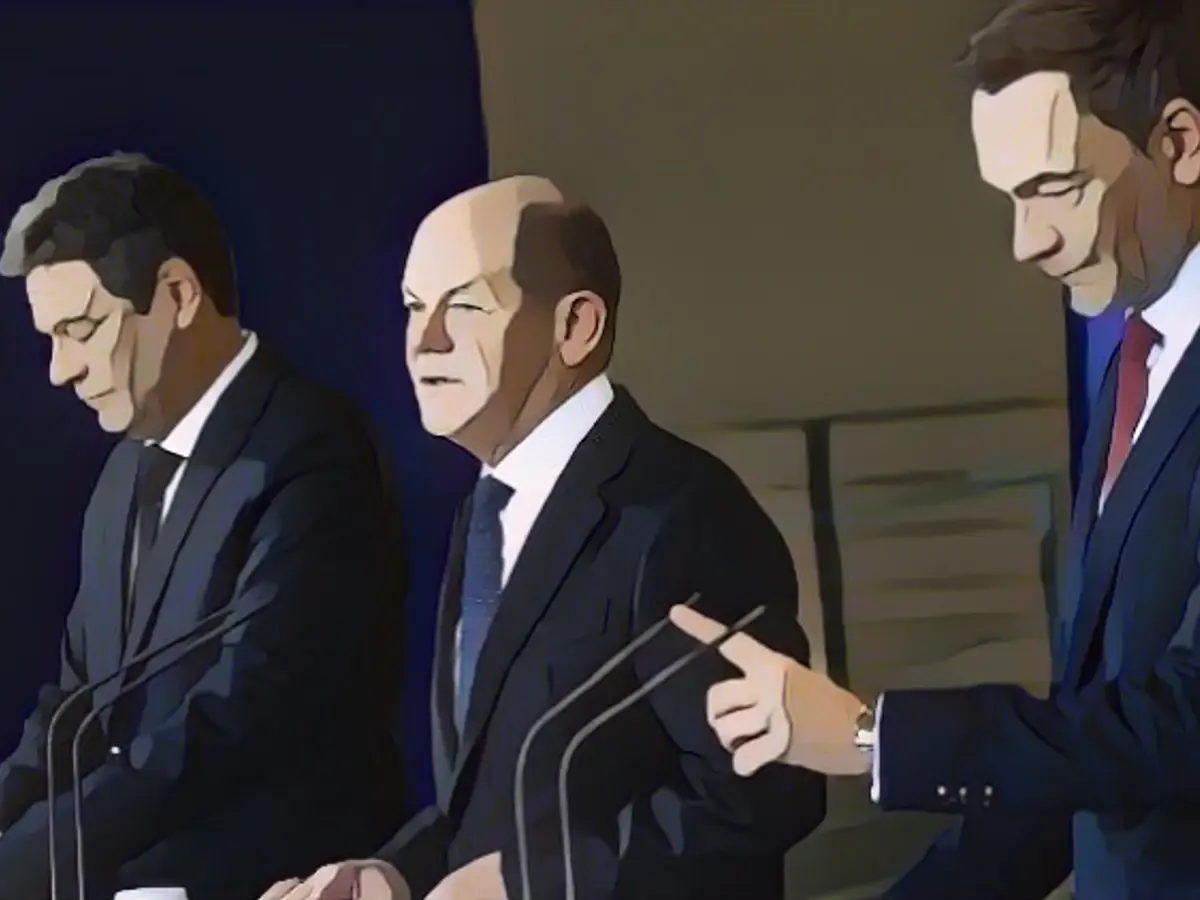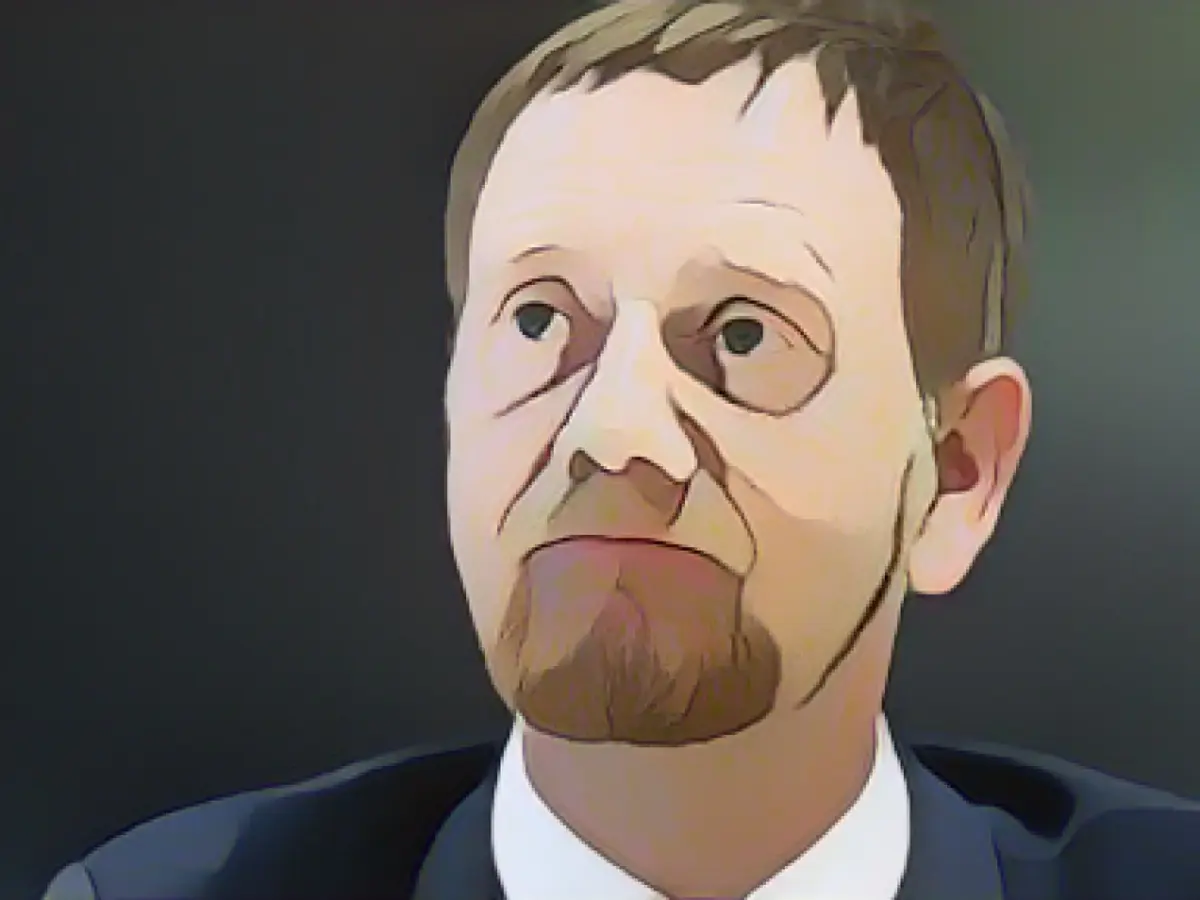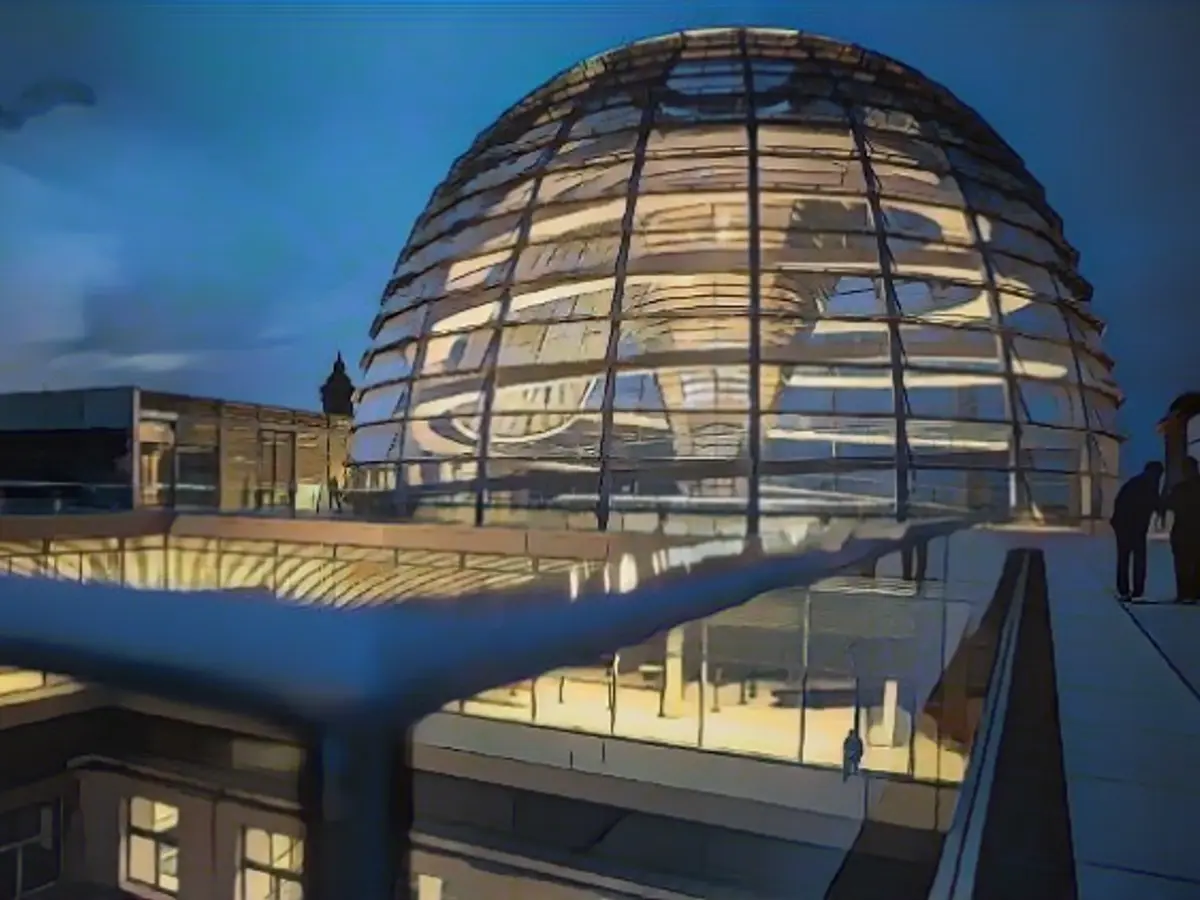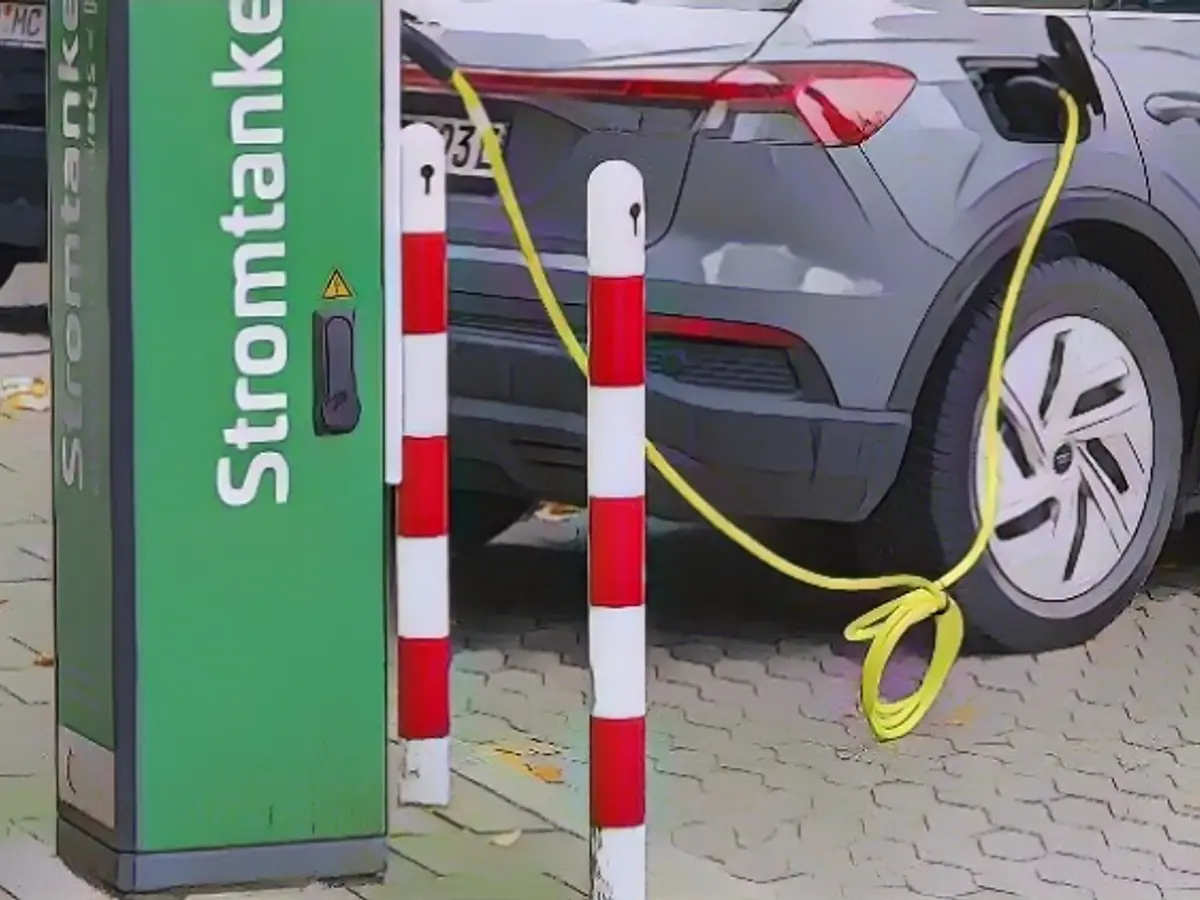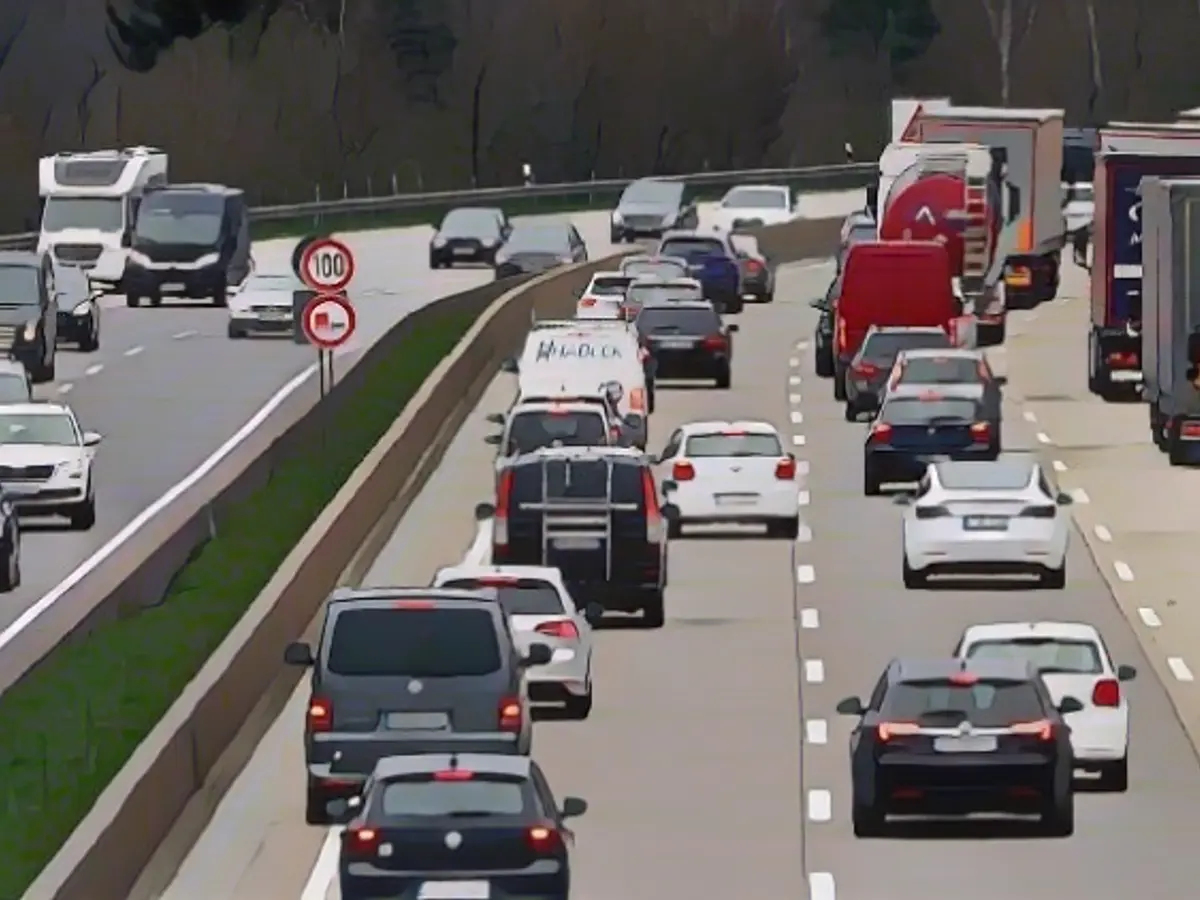The budget crisis in Germany continues to raise eyebrows, and the current coalition, the Traffic Light Coalition, is struggling to clarify their stance. Despite Olaf Scholz, Christian Lindner, and Robert Habeck claiming an agreement on the 2024 budget, confusion remains.
The agricultural diesel price change and the proposed kerosene tax have sparked controversy. Initially, it was agreed that farmers would pay more for diesel, but Agriculture Minister Cem Özdemir claimed ignorance about the decision, while the FDP parliamentary group voiced criticism. Furthermore, the plan to levy a tax on aviation fuel for domestic flights was put on hold due to unanswered questions, such as taxation for feeder flights. Instead, a ticket tax on passenger flights will increase to collect the equivalent amount.
Despite FDP leader Lindner's earlier stance against tax increases, the Finance Minister claimed relief as the priority. This has stirred debate, as the FDP has always promised no tax hikes.
Lack of clarity about the budgetary policy has led to questions about the coalition's ability to implement their economic measures effectively. The conflicting messages from coalition partners have left the public feeling bewildered.
Germany is grappling with a significant budget deficit, a collapse of the previous coalition due to disagreements over budget policy, and no 2025 budget. Contributing factors to the budget crisis include the debt brake, energy shocks, investment shortfalls, and a lack of skilled workers. Additionally, the coalition's differing views on debt brake reform have also added to the confusion.
To regain public trust, the government needs to provide clarity about its budgetary policy. Unfortunately, the current state of disarray raises concerns about its handling of economic matters.
